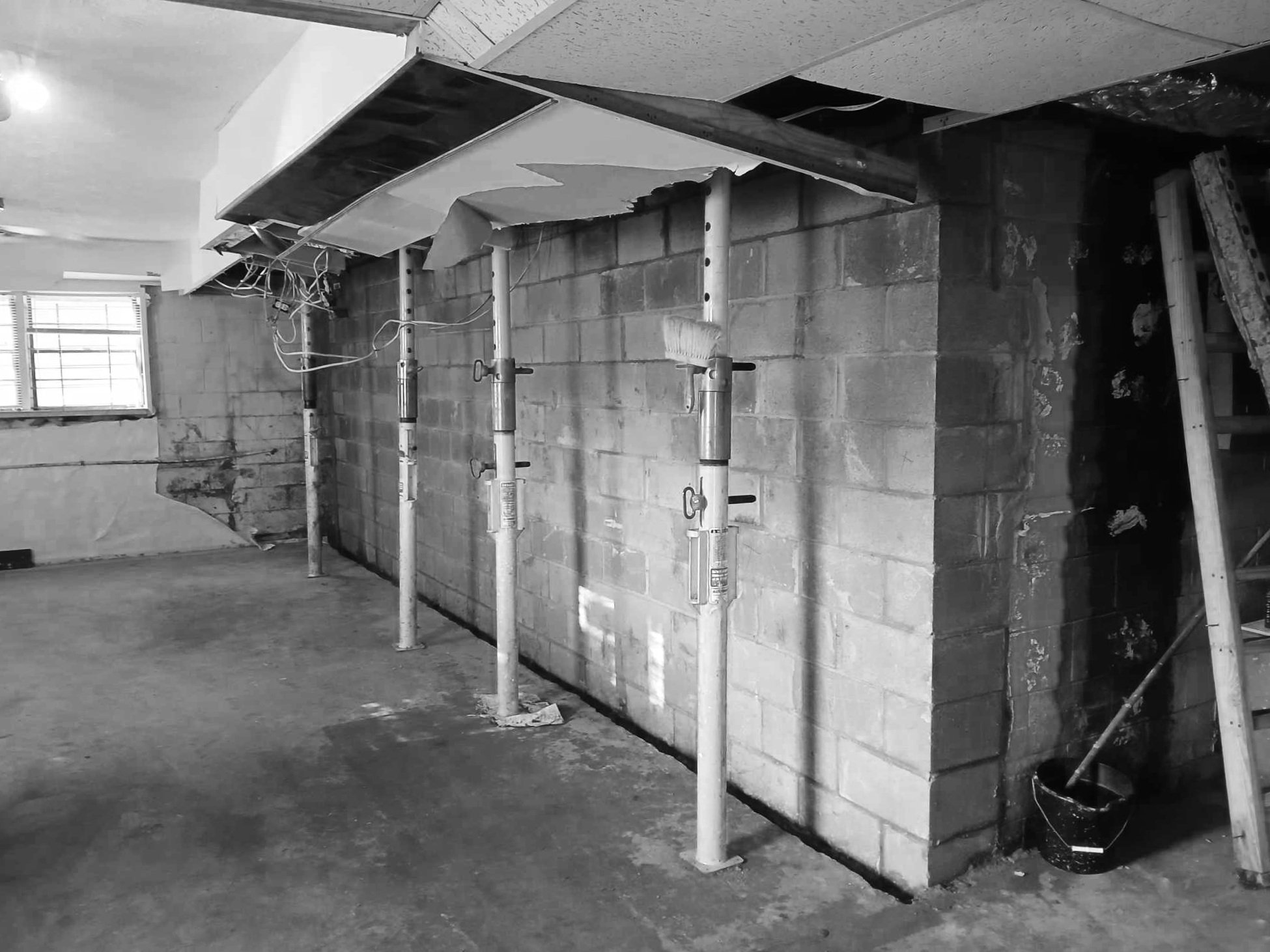
The Most Common Foundation Failures and How to Address Them
Introduction
A house is more than just a structure; it’s a sanctuary where memories are made, families grow, and lives unfold. However, the very foundation of this cherished space may suffer from failures that can undermine its integrity. Understanding these issues is paramount for homeowners who wish to maintain their investment and ensure safety.
In this comprehensive guide, we will explore The Most Common Foundation Failures and How to Address Them. We’ll delve into various types of foundation failures, their causes, signs to watch for, and effective solutions. Whether you're searching for "foundation repair near me," considering hiring a structural engineer, or simply looking to understand more about house foundation repair, this article aims to provide you with valuable insights.

The Most Common Foundation Failures and How to Address Them
Understanding Foundation Failures
Foundation failure occurs when the ground beneath a building becomes unstable or the structure itself deteriorates. This instability can lead to significant damage over time if not addressed promptly.
What Causes Foundation Failure?
Several factors contribute to foundation failure:
Signs of Foundation Problems
Being aware of potential warning signs is crucial in addressing foundation issues early.
Cracks in Walls and Floors
- Vertical cracks often indicate minor settling issues.
- Horizontal cracks may signal serious structural problems.
Doors and Windows That Stick
If doors or windows suddenly become difficult to open or close, it might be due to shifting foundations.
Uneven Floors
Uneven surfaces underfoot are a clear indication that your home's foundation could be compromised.
Types of Foundation Failures
Understanding different types of failures helps in identifying specific issues related to your foundation.
Settling Foundations
Settling occurs when soil shifts beneath a home, causing it to sink unevenly.
Solutions:
- Underpinning techniques
- Helical piers installation
Heaving Foundations
Heaving is caused by expansive soil that swells due to moisture absorption.
Solutions:
- Installing drainage systems
- Utilizing helical piers
Flood Damage
Excessive water accumulation can erode soil supporting foundations leading to serious consequences.
Solutions:
- Sump pumps installation
- French drains implementation
When To Call a Structural Engineer?
If you notice any of the signs mentioned earlier, it’s wise to consult a structural engineer near you. They specialize in assessing structural https://www.functionalfoundationga.com/foundation-wall-repairs integrity and recommending necessary repairs.
Importance of Hiring a Foundation Repair Company
A reputable foundation repair company has the tools and expertise required for effective restoration. Here are some considerations when choosing one:
Common Methods for Foundation Repair
Understanding methods available for fixing these problems empowers homeowners during decision-making.
Piering Systems
This method involves installing piers beneath the foundation for added support.
Types:
- Push piers
- Helical piers
Slabjacking Techniques
Used primarily for concrete slab foundations, this method lifts settled slabs back into place using polyurethane foam injections.

Wall Anchors Installation
For bowing walls, wall anchors provide lateral support needed for stability.
Preventative Measures Against Foundation Issues
Taking proactive steps can save homeowners significant costs down the line.
Proper Grading Around Your Home
Ensure that landscaping directs water away from your home’s perimeter through proper grading techniques.
Regular Gutter Maintenance
Clean gutters prevent overflow which could lead water directly towards your property’s foundation.
Common Myths About Foundation Repair
Debunking myths helps clarify misconceptions surrounding common practices in maintaining foundational integrity.
Myth 1: All Cracks Indicate Serious Problems
Not all cracks mean disaster—some are merely cosmetic issues resulting from normal settling processes over time.
Myth 2: It’s Too Late Once You See Signs
While early intervention is crucial, it's never too late! Solutions exist even after substantial damage has occurred if attended by professionals swiftly enough!
FAQs About Foundation Failures
1. What should I do if I notice cracks in my walls?
It's essential first to monitor them closely. If they worsen over time or expand significantly, consider consulting a structural engineer right away!
2. How much does foundation repair cost?
Costs vary based on severity but typically range between $500-$10,000 depending on methods chosen & extent of damage requiring attention!

3. Can I fix my home's foundation myself?
While minor cosmetic repairs might be DIY-friendly; significant structural issues must be handled by professionals with specialized knowledge—always prioritize safety!
4. When should I call a professional?
As soon as indicators arise—such as sticking doors/windows or noticeable cracks—you should reach out immediately rather than wait until damages escalate further!
5. Does homeowner's insurance cover foundation repairs?
Coverage depends largely upon individual policies; however many standard plans exclude damages stemming from soil movement unless caused by specific events like flooding! Always check with your insurer first!
6. What type of maintenance should I perform regularly?
Regularly inspect gutters/drainage systems while ensuring vegetation doesn’t grow too close (roots might invade underground!) Also monitor areas around foundations after heavy rains!
Conclusion
In summary, understanding The Most Common Foundation Failures and How to Address Them equips homeowners with vital knowledge necessary for safeguarding their properties against potentially costly repairs down the road! By recognizing symptoms early on & taking proactive measures—like proper grading & routine maintenance—one ensures longevity within their abode while maintaining peace-of-mind knowing they’re preventing future disasters before they occur!
Whether you're facing an immediate need for "foundation repair near me" or simply wish to educate yourself further regarding persistent concerns involving your home structure—remember that expert help exists just around the corner! Don’t hesitate; take action today!